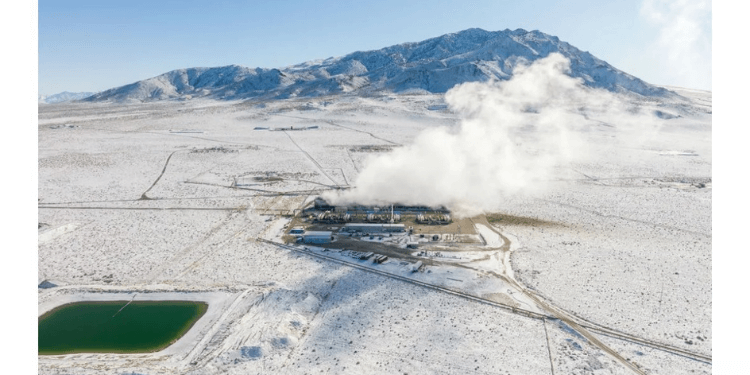Google, in partnership with the energy startup Fervo, has successfully launched a pioneering geothermal energy project in Nevada, marking a significant step in the tech giant’s journey toward carbon-neutral operations.
This groundbreaking project, which focuses on utilizing advanced geothermal technology, has a capacity of 3.5 megawatts, enough to power approximately 2,625 homes. It’s a strategic move by Google to diversify and strengthen its renewable energy portfolio, particularly for powering its data centers in Las Vegas and Reno.
Unlike traditional geothermal plants, this project employs novel techniques to harness the Earth’s internal heat. This innovative approach is a critical component of Google’s ambitious goal to achieve round-the-clock carbon pollution-free electricity by 2030. Geothermal energy, known for its reliability and minimal environmental footprint, is poised to play a vital role in this mission.
Michael Terrell, Google’s Senior Director of Energy and Climate, emphasizes the significance of advancing such technologies, comparing the potential impact to the strides made in wind, solar, and lithium-ion storage. The project, first announced in 2021, represents a new era in geothermal energy, going beyond the conventional methods of extracting hot fluids from natural reservoirs.
Google’s foray into next-generation geothermal energy is a bold and visionary step, showcasing the company’s commitment to sustainable innovation. By venturing into this relatively untapped energy source, Google is not only reinforcing its environmental stewardship but also setting a precedent for other corporations to follow. This project could be a catalyst for a broader adoption of geothermal energy, potentially transforming the renewable energy landscape and advancing global sustainability efforts.




















































